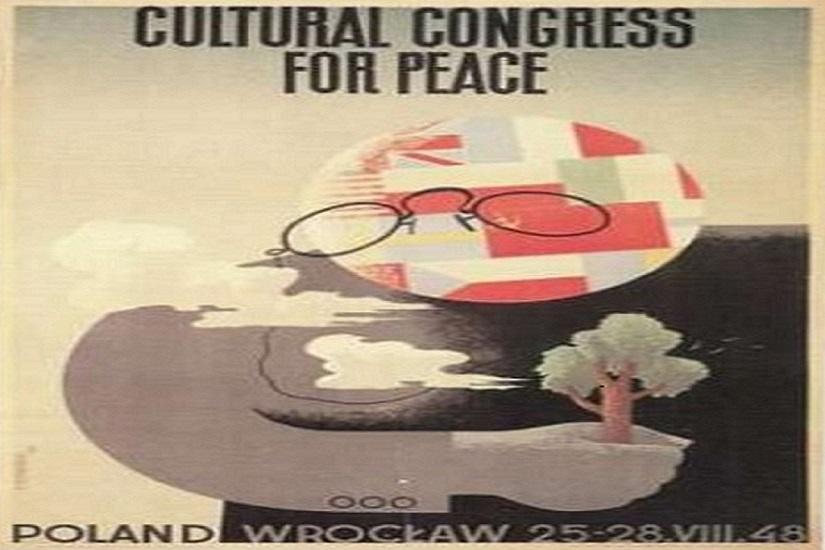
From its inception at the 1948 Wroclaw Congress of Intellectuals for Peace, the communist-led peace movement quickly grew into a global network of peace organisations and activists. From 1950 the movement’s congresses were held under the auspices of a World Peace Council (WPC) and attracted thousands of delegates and the support of a dazzling array of scientists, artists and intellectuals. Hundreds of millions of people signed its anti-nuclear petitions. By the mid-1950s WPC policies on peace, disarmament and security had widespread support across Europe.
The WPC sought influence at the transnational as well as the state level. It saw itself as part of an emergent international civil society that was transforming world politics. Its national peace committees shared a common identity and waged joint campaigns across the globe.
This presentation will examine the transnationality of the WPC under these headings: Strategic framing/Activist identities/Mobilising structures/Resource mobilization/Political opportunity structures/Repertoires of contention.